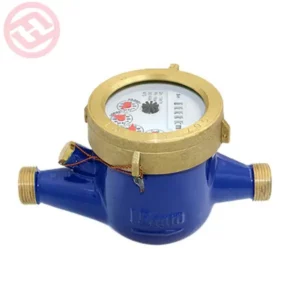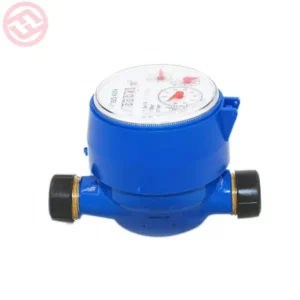Water Meter
We provide metering technologies that enable you to monitor and analyze your flow operations in a more effective manner. Our solutions help you improve efficiencies and identify potential equipment issues before they cause any downtime. Our aim is to assist you in ensuring that your entire operation runs seamlessly.
Dependable Water Meter – You Can Rely On Fluid Tech Group
Fluid Tech Group as pipe processing machines manufacturer in China specializing in fire protection systems, water systems, and water meters.
We offer one of the most comprehensive portfolios of flow control and measurement solutions in the industry, which includes eight of the ten major flow meter technologies available.
Single Flow Rotor Dry Water Meter are designed to provide precise, reliable, and timely data and control that are essential for ensuring product quality, cost control, safe operations, and compliance with regulations. We offer application-specific solutions that meet the unique needs of various industries.
Our commitment to innovation is reflected in our technologies that simplify your work, improve sustainability, and maximize efficiencies. We strive to deliver solutions that make a positive impact on your operations and the environment.
According To Principle We Classify Water Meters Into 6 Types
- Displacement meters: These are the most common type of water meter. They work by measuring the displacement of water as it flows through the meter. They have rotating dials or registers that show the total amount of water consumed.
- Turbine meters: These use a turbine impellor that spins as water passes through it. The faster the water flow, the faster the turbine spins. These are usually more accurate than displacement meters.
- Ultrasonic meters: These use ultrasonic sensors to measure the velocity of water flowing through the meter. They tend to be more accurate than turbine meters, especially at low and high flow rates.
- Electromagnetic meters: These use electromagnetic sensors to measure the velocity and volume of water flowing through. They are extremely accurate but more expensive than other types.
- Smart meters: Smart water meters use sensors and networking capabilities to transmit real-time data to water utilities. This helps monitor water usage remotely and detect leaks.
- Bulk meters: Bulk meters are used in commercial and industrial settings where large volumes of water are used. They tend to be larger and have higher rated capacities.
According To Function We Seperate Water Meters Into 3 Types
- Cold water meters – are used to measure the usage of cold water in a home or business. Additionally, cold water meters are typically displacement meters or turbine meters since they are cheaper and operate well in cold temperatures.
- Hot water meter – Hot water meters must be designed to operate reliably at water temperatures of 140°F or higher, depending on the temperature of your water heater. Moreover, they are typically installed after the water heater and before any branches to hot water taps and appliances. This ensures all hot water usage is captured.
- Multi-Jet Dry Type Water Meter – A dry water meter is a type of water meter that can operate in areas with little or no water flow. Certainly, dry meters are also good for monitoring outdoor irrigation systems. Again, it typically have lower accuracy readings during normal water flow compared to traditional meters. But their ability to continue recording usage when water flow is minimal makes them useful in certain applications.
During Industry, We May Consider To Divide Water Meters Into 3 Types By Materials
- Plastic water meter
- Stainless water meter
- Brass water meter


